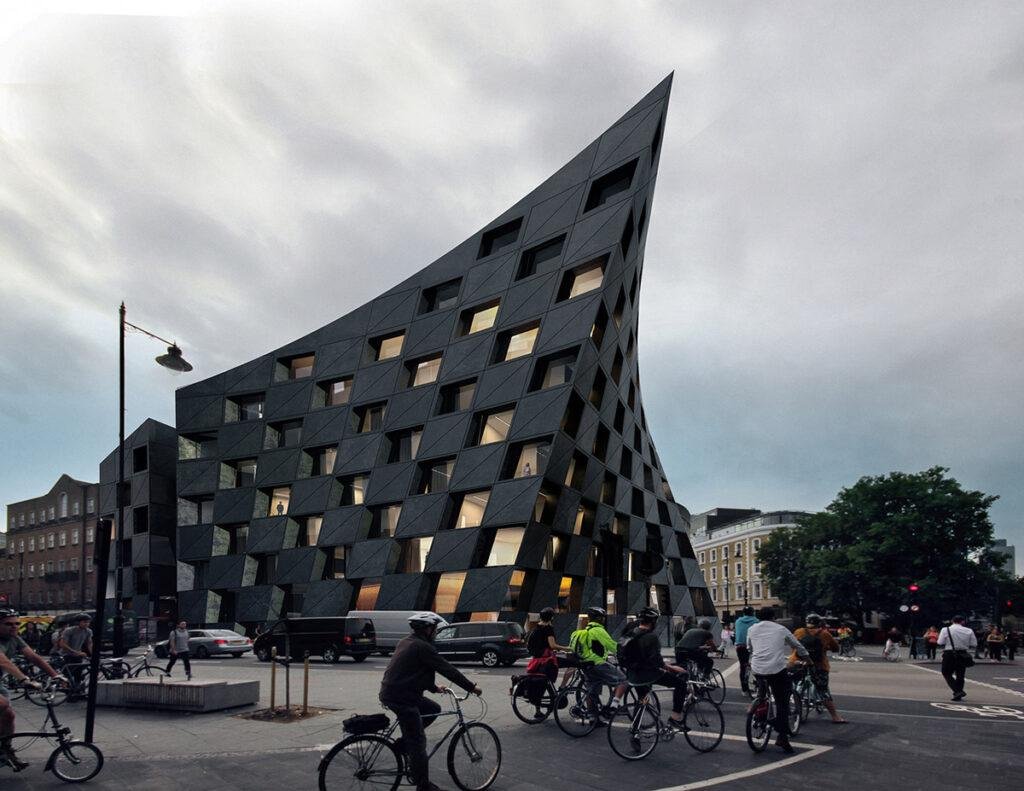
Cities of the Future: The Growing Importance of Underground Cabling
Introduction:
In the fast-paced evolution of urban landscapes, the concept of “smart cities” is gaining traction. A pivotal aspect of this transformation is the integration of underground cabling systems. Beyond their role in aesthetics, underground cables are at the forefront of shaping the cities of the future. This article explores the significance of underground cabling in the context of smart cities, highlighting the benefits, challenges, and innovative solutions that pave the way for more efficient, sustainable, and connected urban environments.
The Smart City Revolution:
As urban populations continue to surge, the demand for efficient infrastructure and sustainable living intensifies. Smart cities emerge as the answer to these challenges, leveraging technology to enhance quality of life, resource management, and connectivity. At the heart of this transformation lies the integration of underground cabling systems.
Benefits of Underground Cabling in Smart Cities:
Challenges and Solutions:
Innovations Shaping the Future:
Conclusion:
The transition to smart cities hinges on the seamless integration of cutting-edge technology, sustainable practices, and efficient infrastructure. Underground cabling, with its multifaceted advantages, plays a pivotal role in this evolution. As urban landscapes continue to transform, the vision of connected, sustainable, and aesthetically pleasing cities becomes ever more achievable through the strategic implementation of underground cabling systems.
If you’re interested in pursuing a career in the growing field of Electrical Engineering or a related field such as Power Engineering, Electronics, Control Systems, and Communication Engineering. Contact ASTI Academy for more information on their degree programs and flexible online options. Affordable Fee | Online / On Campus
We have changed the lives of over 300,000 students since 1995. Now it’s your turn!
About ASTI Academy
ASTI Academy is a leading vocational training institute in Dubai, UAE. Offering Foundation Diploma, Engineering Diploma, and Job-Oriented Short Courses. Upon completing your courses, you will receive an internationally recognized certificate.
No Need for a career break; you can study online / part-time. Apply Now! For all other general inquiries, call us at 971 42809955 or email us at enquire@astiacademy.ac.ae
Check our Social media handles, Facebook, Instagram, LinkedIn, and Twitter, for more details. Click here to get all questions answered.















